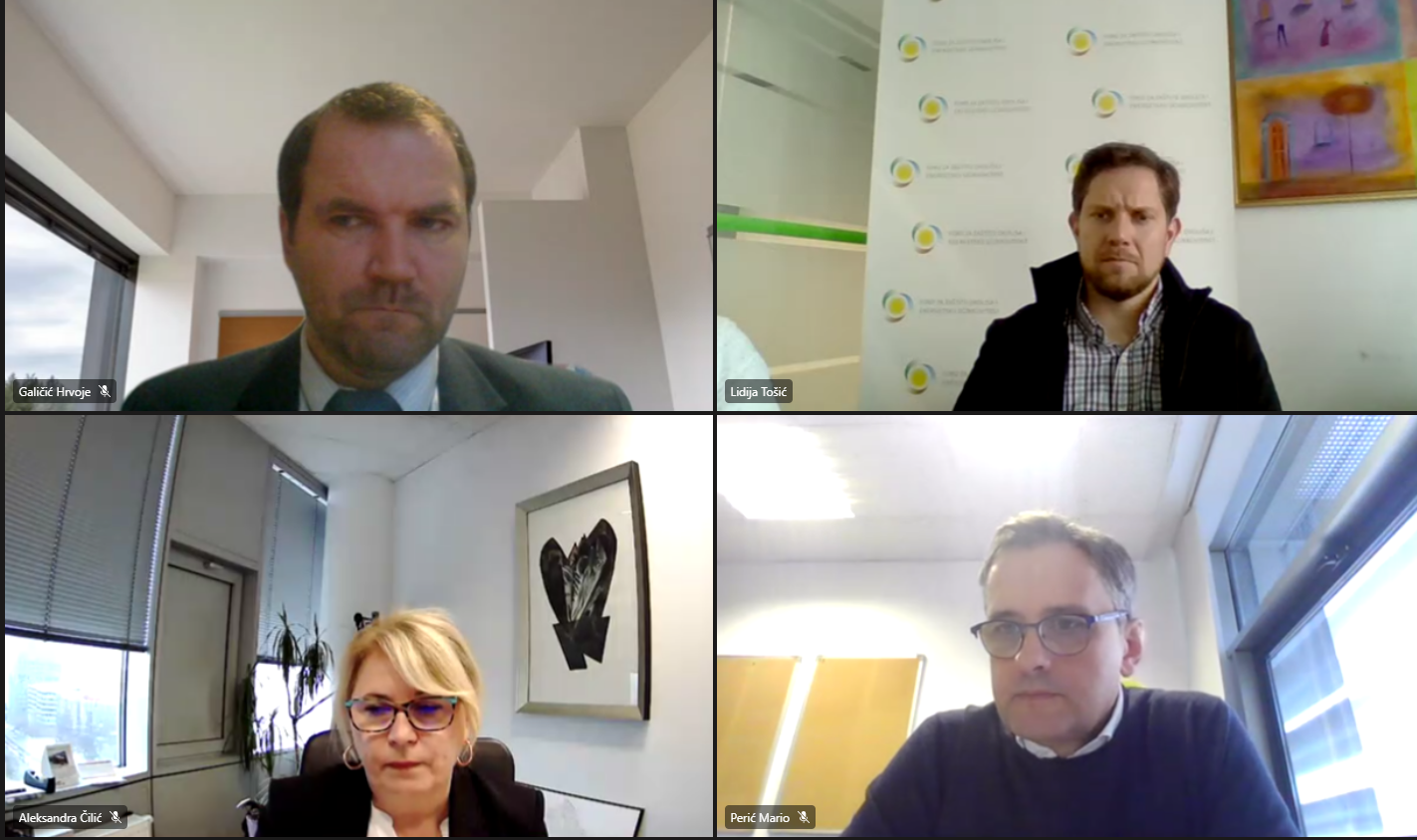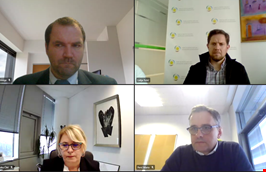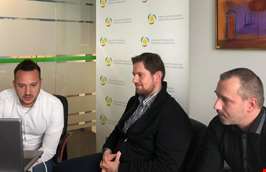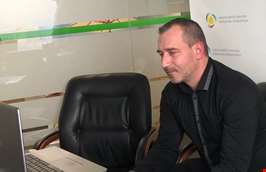16.12.2021.
The Environmental Protection and Energy Efficiency Fund in cooperation with the Croatian Chamber of Economy held two online workshops today presenting to the attendees in detail the conditions for co-financing and the method of applying to the Fund’s new public calls.The topic of the first workshop was the programme for co-financing the purchase of municipal vehicles and vessels using alternative fuels which should allow the units of local self-government to implement a more energy efficient waste management system, to reduce CO2 emissions, and to reduce the costs of transport. By purchasing electric, hybrid or hydrogen vehicles, utility companies will work towards the goal of climate neutrality, which is in line with the European “Fit for 55” package.
“The Fund earmarked the total of 36.5 million kunas for this programme and interested parties can apply as of 13 December until the end of the year. If utility companies show interest exceeding the planned budget, we will try to provide additional resources,” said Aleksandra Čilić, the head of the Environmental Protection Sector of the Fund.
Co-financing by the Fund can be obtained for electric, hybrid or hydrogen vehicles in the categories N1, N2, N3, electric machinery - street sweepers, and electric and hybrid vessels. During their presentation, Saša Pupovac and Milovan Zrakić from the Fund’s Environmental Protection Sector explained that the incentives were granted under two models. Under Model A, the funding is granted in accordance with the de minimis rule, where the beneficiary can get the maximum grant of HRK 1.5 million. Model B implies incentives in accordance with the State Aid Programme for Environmental Protection, with the maximum amount of co-financing depending on the type of vehicle and size of the company.
In the second workshop public calls were presented for the purchase of filters/and/or air filtration systems in public transport, and for the purchase of energy efficient tyres.
Co-financing of energy efficient tyres, explained Mladen Ilijević, the head of the Energy efficiency department, is available to entrepreneurs providing the service of carriage of goods and passengers by road, for the tyres for vehicles in categories M3, N2 (maximum permissible mass exceeding 7.5 tonnes), N3, O3 and O4, that are licenced for the carriage of goods and passengers in domestic or international road transport. The goal of this call is to reduce GHG emissions with more efficient fuel consumption in passenger and cargo road transport. Considering the HRK 8 million allocated for the programme, it is estimated that 20,000 tyres will be co-financed, where individual applicants can get up to 40% for the purchase of efficient tyres, or HRK 400 per tyre. The maximum amount that can be granted per applicant is HRK 250,000.
Tomislav Vidović from the Environmental Protection Sector explained that the Fund secured an additional HRK 10 million for co-financing the purchase of filters and/or air purification systems in vehicles for the carriage of passengers by road as one of the climate change adaptation measures. The global warming caused by increased CO2 emissions affects plant growth that in turn causes greater production of allergenic pollen. Installation of these types of filters reduces the quantity of allergens and prevents the spread of bacteria and viruses (e.g. the coronavirus) in enclosed spaces where passengers spend some time, which is an added benefit of this programme. Eligible applicants to the public calls are companies providing regular public transport service and periodic carriage of passengers by road in domestic and international transport. The purchase of one or more filters will be co-financed with up to 60%, and the maximum grant per applicant is HRK 600,000.
The programmes that were presented today are aimed at speeding up the green transition process and attaining the national targets for energy savings and reduction of GHG emissions, especially in the transport sector that is responsible for almost 30% of emissions. If the interest of potential beneficiaries corresponds to the allocated resources, it is planned to continue with these and similar activities in the next year, all with the aim of promoting a more sustainable transport system.










